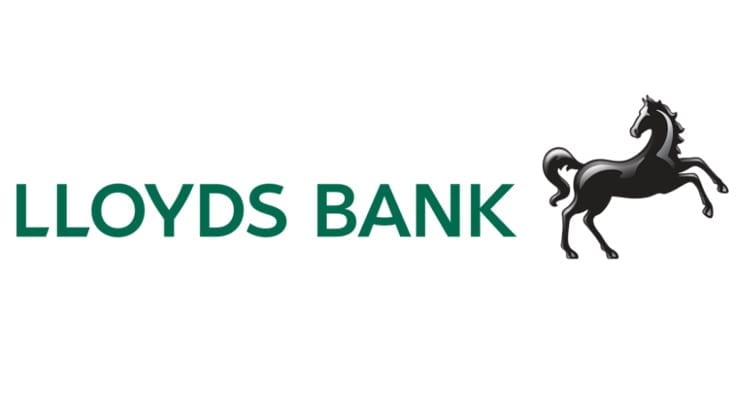How to Exit a Commercial Lease Early
Getting out of a commercial lease ahead of time might be necessary for a number of reasons. Perhaps the business is growing and needs bigger premises quickly, or the opposite is the case. If you are struggling financially, you may be looking for a lease that offers better terms fast, or your business may sadly have ceased trading. In the current uncertain economic situation, and thanks to the ongoing double whammy of Coronavirus and Brexit, anything is possible.
Getting out of a lease is not without its complications. After all, both parties agreed to the legally binding terms and conditions at the beginning of the lease term including the thorny issue of potential dilapidations implications. “Tenants often do not fully appreciate the extent of the cost of their liabilities until they receive the landlord’s Schedule of Dilapidations, leaving them unprepared for the financial implications of that claim,” explains one commercial property expert.
If you’ve been a reliable tenant and generally on good terms with your landlord, there’s no harm in having an informal chat with your landlord to see if he is amenable to your situation and will let you off the hook, as it were. But if that doesn’t have the required effect, there are other ways that you can move on from your business lease.
Break clause
Many commercial leases include a legal ‘break clause’, a pre-defined period of time at which both landlord and tenant can terminate a fixed-term tenancy early as long as certain conditions are met. Check your lease document carefully and make sure you comply with the terms and conditions regarding notifying your landlord of your intention to leave, such as giving the required notice, or submitting your break clause notice in writing to a specific address.
Lease exit negotiations
If there is no break clause, it is still worth approaching your landlord to negotiate an early exit, although as one legal expert put it, “in the current climate and given the [coronavirus related] restrictions currently in place, it appears highly unlikely that landlords will be receptive to this. Your aim should be to achieve a clean break as regards your liabilities, and you are strongly advised to get legal advice to ensure there are no outstanding obligations to the landlord after you have left.
Cost of an early exit
You can expect an early lease surrender to involve a financial penalty which should however be less than the cost of remaining in the premises until the end of the term in order to be viable. You will normally be expected to make a proposal to terminate the lease, and it’s a good idea to provide evidence if your business is struggling financially that will impact your ability to keep up payments. The landlord may or may not choose to accept your proposal, or he may make a counter proposal such as a rent reduction for the remainder of the lease. However, he is under no obligation to do any of these things. Alongside the cost of terminating your lease early, you also need to factor in the cost of professional advice, both for yourself and the landlord.
Assign the lease
Without a break clause and if the landlord cannot be persuaded to surrender the lease in a way that makes financial sense for you, another way to get out of your commercial lease early is to find a tenant to replace you. Your successor will have to meet the requirements of the landlord’s consent, and he will most likely want to check the new tenant’s details including their financial status and references and their proposed use of the premises. Even if the new tenant passes muster and the lease assignment takes place, you will probably still have some liabilities to the landlord until the lease term has come to an end.
Personal guarantee
If your landlord agrees to assign the remainder of your lease to a third party, he may insist on a personal guarantee from you to secure the new tenants’ payments. Clearly, this is risky as it could put your own funds in jeopardy. Where the new tenant is a limited company, personal guarantees may also have to be provided by the company directors directly to the landlord. While assigning a lease allows you to move to other business premises, you still have liabilities for the old premises if you have provided a personal guarantee.
Sublet your lease
Rather than assigning a lease to a new tenant, you may be able to sublet your commercial premises to secure the incoming rental payments for the remainder of the term. Not all leases allow this so check your documents carefully for the relevant clause. The terms and conditions of any sub-lease will be similar to your head-lease, but the responsibility for managing the premises and day-to-day dealing with any issues coming from your sub-tenant will rest with you.









